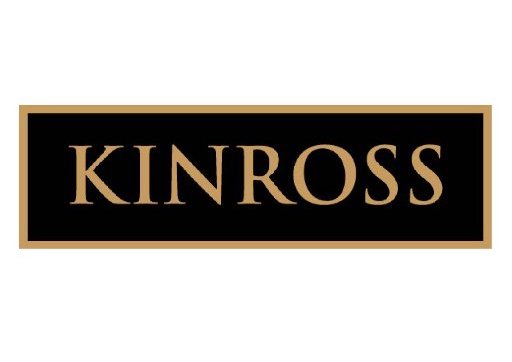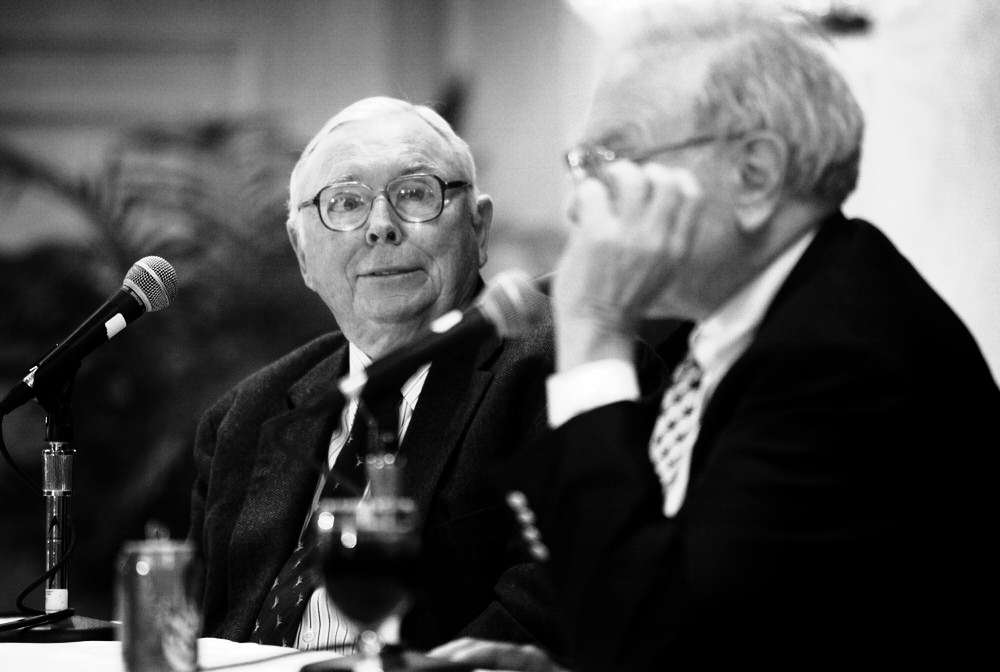
Investment Conclusions
In general, we continue to be positive on risks assets in the context of our continuing focus on wealth preservation and diversification. Probabilities favour a recovery in stock and commodity prices rather than an extended bear market. Since our last letter dated June 1st, there has been a halting recovery in markets. However, the severe breakdown in markets today and the fact that the S&P could not get above its 200-day moving average suggest that, in the near term, new lows will be reached before a significant rally develops. We continue to like natural gas (see our June letter) and the price is up about 10% over the past month. Oil prices, which we will cover soon in some detail in one of our letters, are likely to remain in the $70-80 range, barring the unlikely event of a double dip recession.
In particular, we like small-cap companies in the U.S. and Canada and equities of quality European countries. The recent panic has created exceptional value in Germany, for example, whose export machine will benefit from the sharp devaluation of the euro. We continue to like emerging market equities in general, based on long-term growth prospects and sound financial systems vis-à-vis the declining West.
Quality corporate and government bonds provide good diversification and a hedge against deflation.
Gold remains in a bull market. It is a good hedge against another European debt and banking crisis, which would certainly trigger a further European rush to gold as protection against a falling euro and banking insolvencies.
The currency game is clouded by the fact that all the majors – euro, U.S. dollar, sterling and yen are all “basket cases”. However, they can only devalue temporarily against each other. Therefore, long-term investors should maintain a portfolio approach if they must hold those currencies. Better bets are the commodity currencies with strong national balance sheets and sound banking systems—Canada, Norway, China, Korea, New Zealand, Sweden and
Switzerland come to mind. The Chinese RMB stands out as being enormously undervalued. It is a one-way bet with the only uncertainty being in the timing.
All chart data from IHS/Global Insights, and may not be reproduced without written consent.
Footnotes:
1. Asset allocation to manage risk and return has a long history. Since land was considered equity, the ratio of 2/3 equity and 1/3 fixed income is consistent with the typical pension fund asset allocation in the post World War II era.
2. See The Great Reflation, Part II for a general discussion; also Ibbotson & Associates, Stocks, Bonds, Bills and Inflation; Jeremy Siegel, Stocks for the Long Run; Elroy Dimson et al., Triumph of the Optimists: 101 Years of Global Investment Returns.
3. This would include Canada, Norway, China, Korea, New Zealand, Sweden, Switzerland, among others.
Copyright (c) Boeckh Investment Letter












Comments are closed.